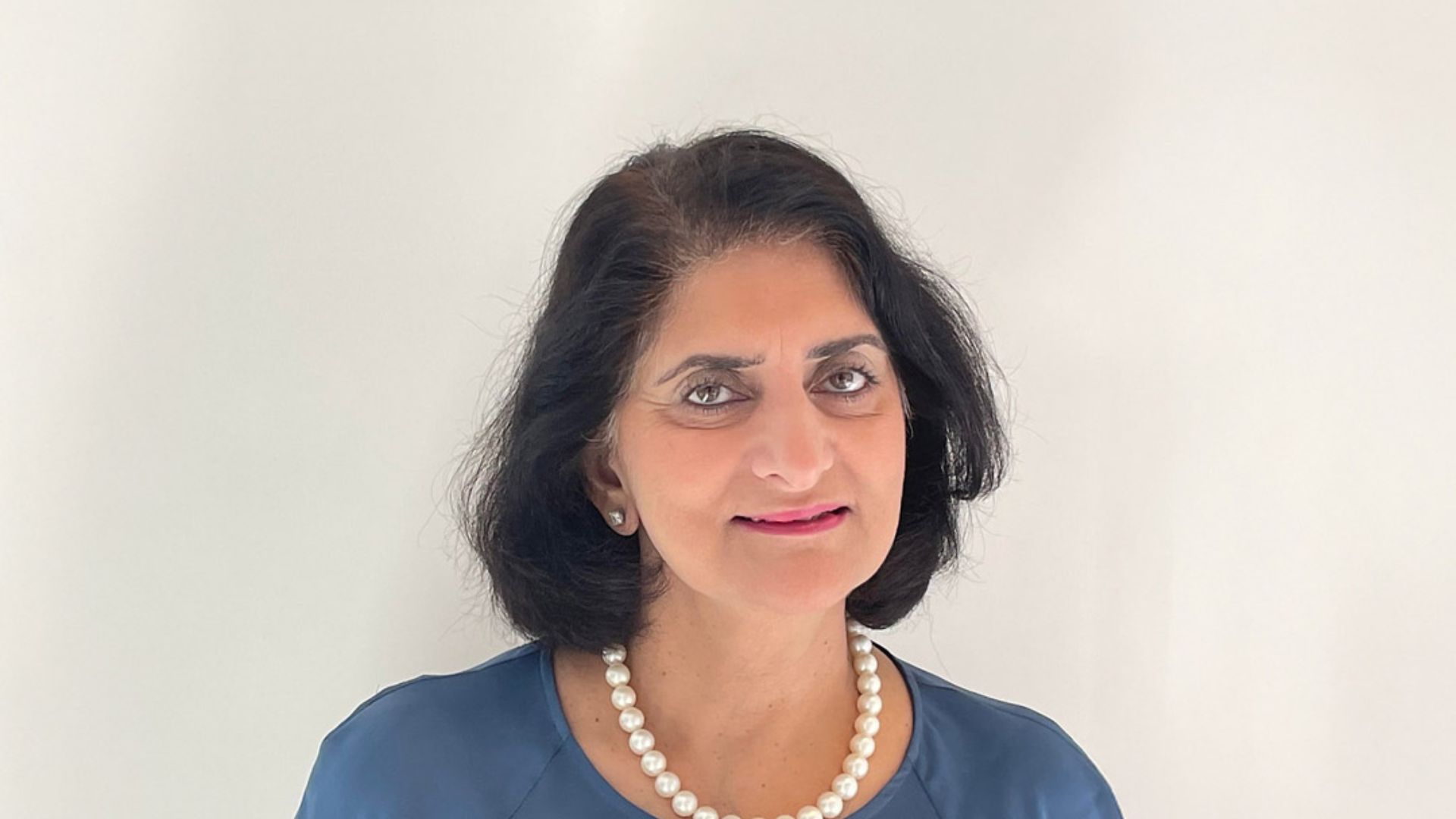Local News
Lecture from tech executive at RIT will explore how critical thinking shapes leadership in an AI powered world filled with rapid change and innovation

Rochester, New York – The rapid rise of artificial intelligence has reshaped nearly every industry, from healthcare and finance to manufacturing and higher education. But while the technology evolves at unprecedented speed, the core question remains: how do humans position themselves to lead, adapt, and thrive alongside it?
That question will be at the center of this year’s Eugene H. Fram Signature Lecture in Critical Thinking at Rochester Institute of Technology. The event will feature Anshu Kak, a distinguished engineer and global vice president for Google Cloud Platform and Data/Private AI Practice at Kyndryl. Kak will deliver her talk, “Augmented Leadership: Critical Thinking in the Age of GenAI,” on Tuesday, Sept. 30, from 3:30 to 5 p.m. in RIT’s Ingle Auditorium. The lecture is free and open to the public, with a reception immediately afterward in the Fireside Lounge.
Kak, who has held senior leadership roles at Google, IBM, and GE, is known for her expertise in cloud computing, data systems, and AI innovation. With more than 25 years of experience, she has helped design solutions for some of the world’s most complex digital challenges. At Google, she led the global Principal Architect community and created the Solution Design Method, an approach that blends critical thinking with design principles to produce more human-centered outcomes.
Her message at RIT will challenge the narrative that AI threatens to replace human intelligence. Instead, Kak sees it as a powerful tool to extend human capabilities, provided that leaders learn how to deploy it thoughtfully. She plans to emphasize that leadership in an AI-driven world requires orchestration, not just of technology, but of people, strategy, and values.
Kak’s lecture will highlight how effective leaders must act as facilitators of collaboration between human judgment and machine efficiency. She is expected to examine real-world use cases involving autonomous systems and data-driven decisions, showing where human oversight and critical thinking remain essential.
Jennifer Schneider, professor and senior director of Integrated Curriculum at RIT, sees this year’s Fram Lecture as especially timely. “Critical thinkers can continually adapt to rapidly evolving technological, aesthetic, and social environments, and manifest new ideas, both individually and collectively,” Schneider said. “We must think critically to assess all our technologies—including AI and the information it is built upon—as they integrate into and across our lives.”
The Fram Lecture series is part of RIT’s larger Applied Critical Thinking initiative, which aims to weave problem-solving and analytical reasoning skills into every level of campus life. Through classroom instruction, campus events, and faculty-led research, the initiative encourages students to become versatile thinkers ready to navigate uncertainty.
The lecture series itself was established through a donation from an RIT alumnus in honor of Eugene H. Fram, a professor emeritus of marketing who taught at the university for more than five decades. Fram, who spent much of his career in Saunders College of Business, left a legacy of promoting innovation, student engagement, and business education grounded in real-world practice. Since its founding in 2011, the Fram Chair of Applied Critical Thinking has become a hub for cross-disciplinary dialogue and inquiry.
Kak’s appearance continues the tradition of bringing thought leaders to campus who can illuminate the intersection of critical thinking and contemporary challenges. For RIT students, faculty, and members of the broader community, her talk offers both a window into the current state of AI and a framework for thinking about its future role in society.
The event also arrives at a moment when organizations everywhere are grappling with the implications of generative AI technologies. Businesses are rethinking their workflows, universities are adjusting their teaching strategies, and governments are considering new policies to manage ethical risks. In this environment, Kak’s focus on leadership and critical thinking may help audiences see that the question is not whether AI will change the world—it already has—but how humans choose to guide that change.
By the end of her talk, attendees are expected to walk away with a clearer understanding of how to empower teams, balance efficiency with ethics, and foster decision-making that leverages AI while staying firmly grounded in human values. For a university built on applied learning and innovation, the message could not be more relevant.

-

 Local News12 months ago
Local News12 months agoNew ALDI store close to Rochester to begin construction in late 2025 or early 2026
-

 Local News12 months ago
Local News12 months agoRochester Lilac Festival announces exciting 127th edition headliners
-

 Local News10 months ago
Local News10 months agoCounty Executive Adam Bello and members of the county legislature celebrate exceptional young leaders and advocates at the 2025 Monroe County Youth Awards
-

 Local News10 months ago
Local News10 months agoThe 2025 Public Market Food Truck Rodeo series will begin this Wednesday with live music by the Royal Bromleys